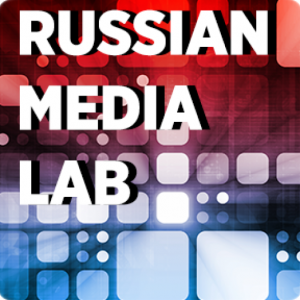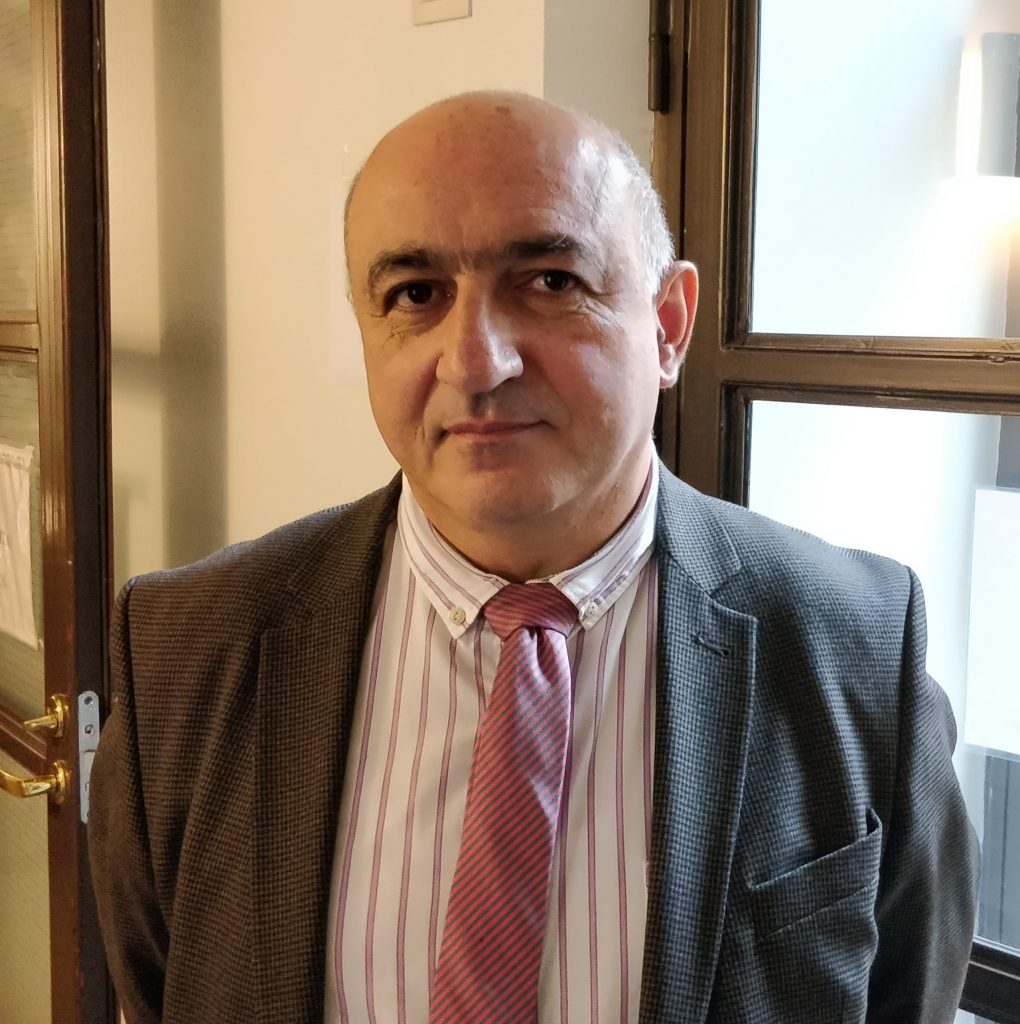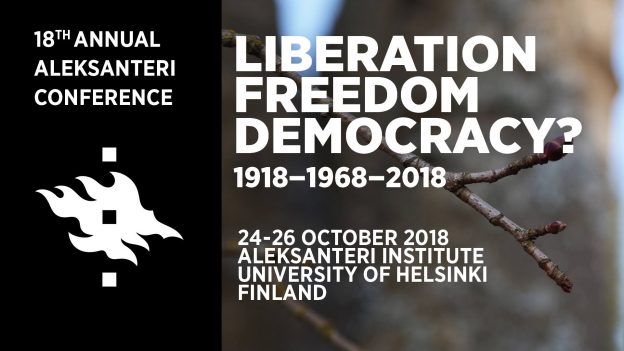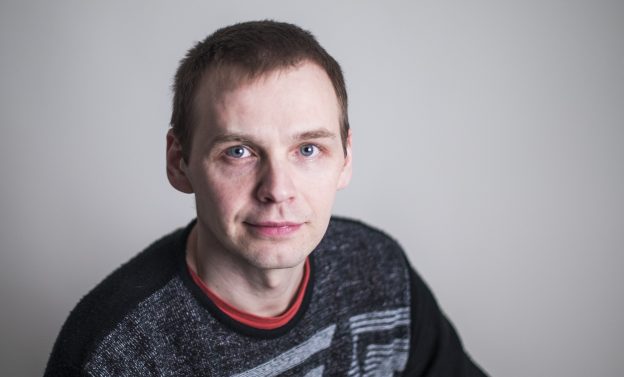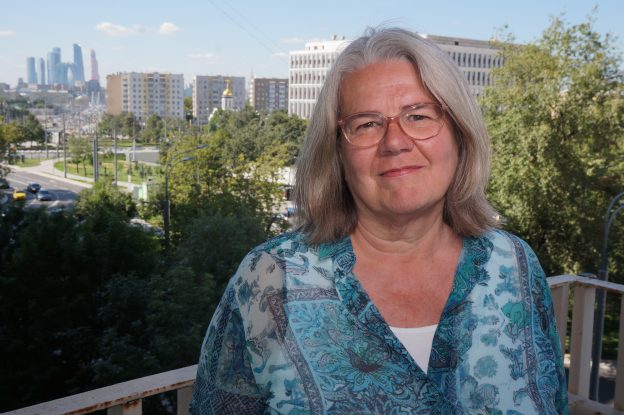Workshop at the Aleksanteri Institute, University of Helsinki organized by the Russian Media Lab in collaboration with the Research Centre for East European Studies at the University of Bremen
Helsinki, 02 – 03 September 2019
We invite proposals for papers to be discussed at an intensive two-day workshop on “Media control as source of political power in Central and Eastern Europe” at the Aleksanteri Institute, University of Helsinki on 02 – 03 September 2019. The workshop will involve around 15 scholars, and early-career researchers are especially encouraged to apply. Travel expenses and accommodation costs of invited participants will be covered by the organisers.
The workshop aims to bring together approaches from political science, media studies and other relevant academic disciplines to get a more comprehensive picture of the role of media control in consolidating and expanding political power in authoritarian regimes and in “backsliding” democracies. The focus of the workshop will equally be on the interplay of media and political actors and on the effect of this relationship on regime dynamics.
